
The Texas state legislature was due to have a vote on the redrawing of the state’s congressional districts. However, 57 out of the 62 Democrats in the State House fled, denying quorum to the session—they are now facing potential fines and even expulsion.

Germany’s CDU has distanced itself from MP Saskia Ludwig after she briefly greeted AfD co-chair Alice Weidel at MCC Feszt in Hungary. The party reaffirmed its strict ban on cooperating with the right-wing AfD, saying Ludwig’s actions were unauthorized and incompatible with CDU policy.

Ukrainian authorities have refused to investigate the death of József Sebestyén, a Hungarian man beaten by conscription officers, prompting outrage from Budapest. Hungarian Foreign Minister Péter Szijjártó says the decision reveals Ukraine’s forced conscription as a state-organized practice incompatible with EU values.
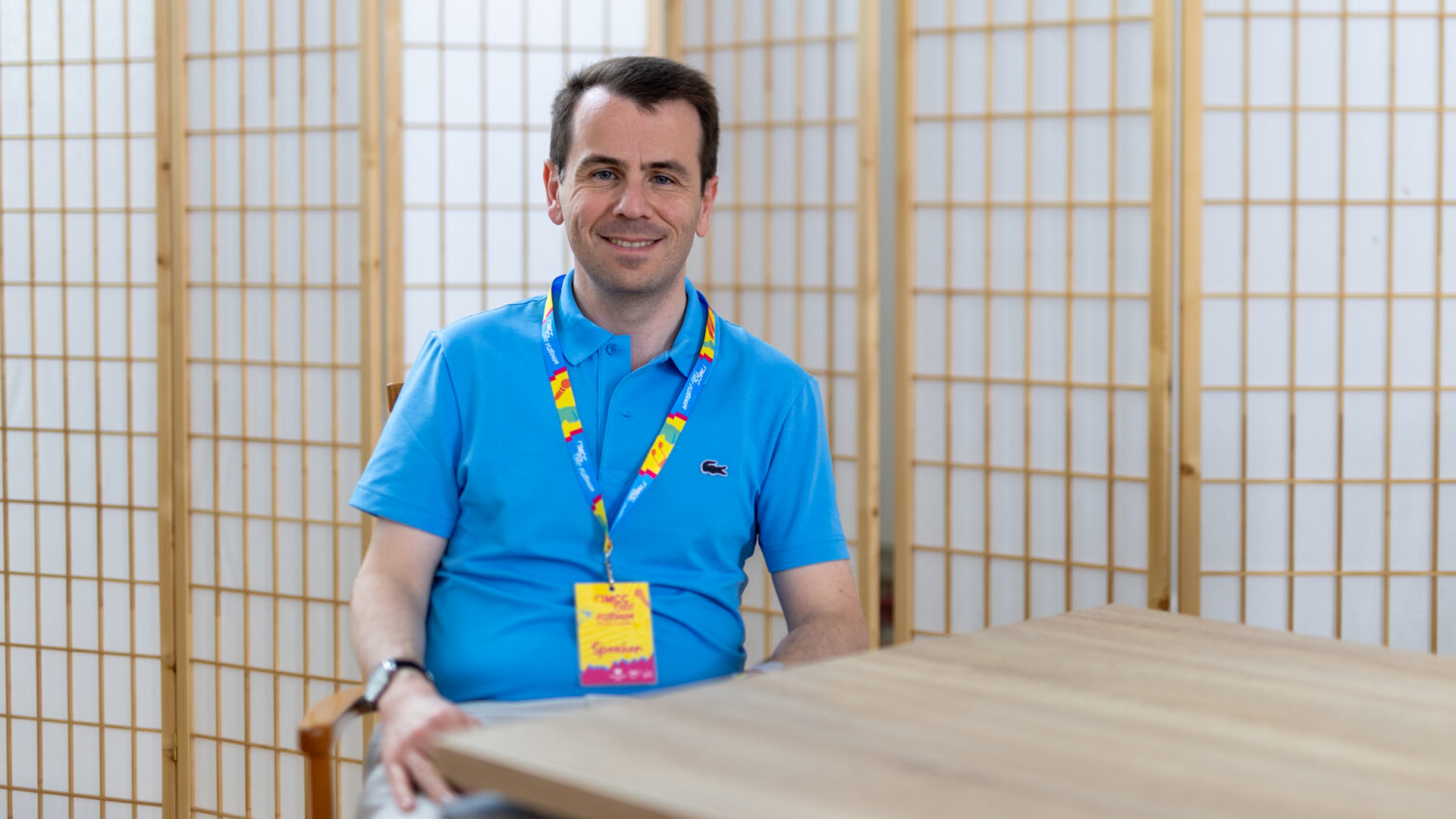
‘Over a decade, between 2014 and 2024, the EU has welcomed more than 8 million asylum seekers. So it’s a bit as if the EU has admitted a new Member State that would be entirely made up of asylum seekers.’
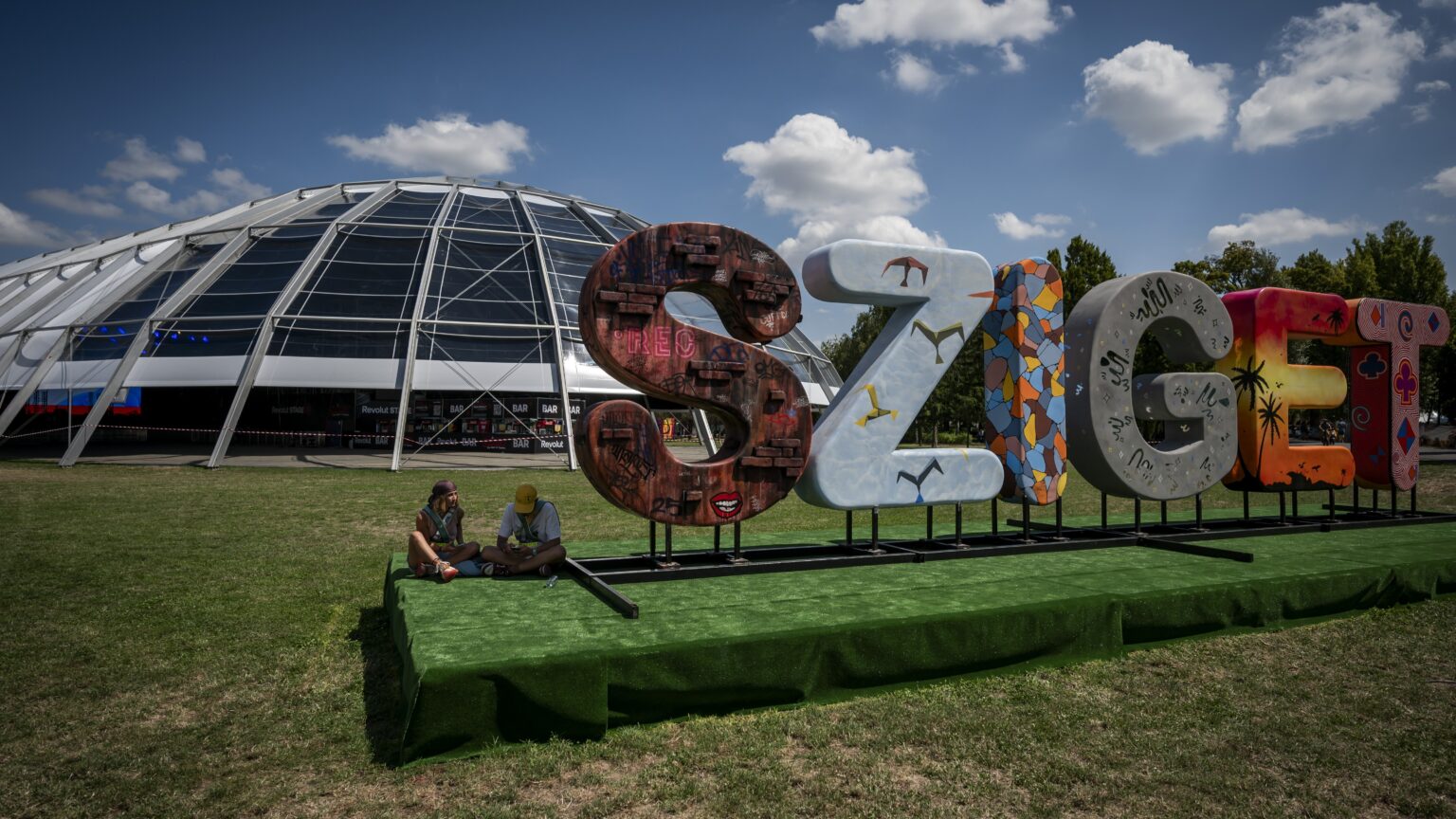
The 31st Sziget Festival kicks off with higher ticket sales than last year, more Hungarian visitors, and headliners like Charli XCX, Shawn Mendes, and Post Malone. Organizers promise a refreshed layout and hundreds of performances from around the world.
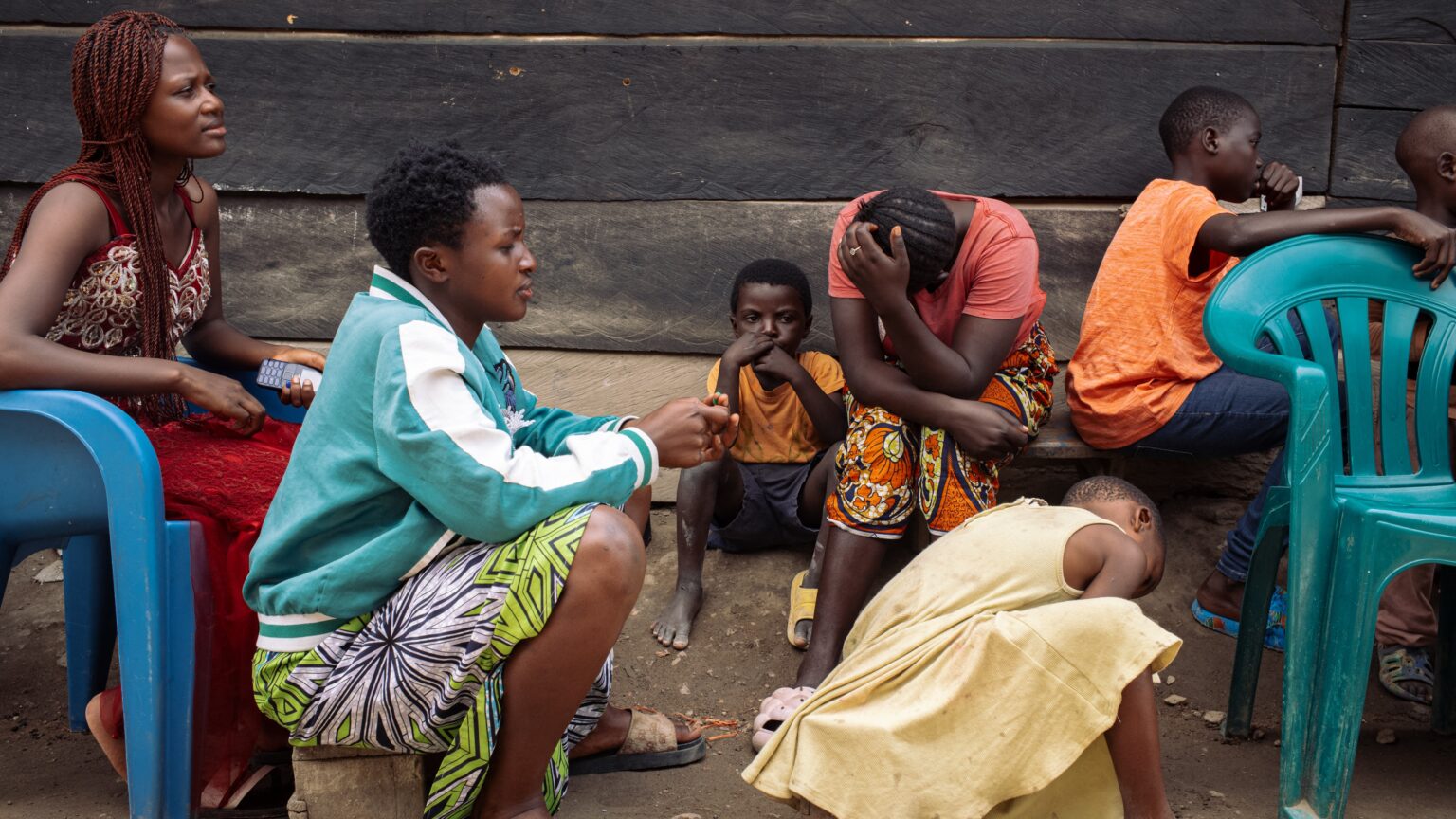
‘The failure of African states to properly address their racial, ethnic, cultural, religious, and economic differences provided a fertile ground for rebel groups, like al-Qaeda in Islamic Maghreb, Boko Haram, al-Shabaab, al-Mulathameen Brigade, and now the Allied Democratic Forces to prosper.’

Students from Bodrogkeresztúr’s Eötvös József Primary School claimed first place in their category at the prestigious 2024/2025 FIRST LEGO League world final in Hong Kong, surpassing more than 6,000 teams from around the globe.

A new study by Hungary’s National Media and Infocommunications Authority shows that Hungarian youth rarely give their smartphones a break, with daily usage patterns tied to gender, age, location, and mental wellbeing, revealing sharp contrasts between younger and older users’ habits.
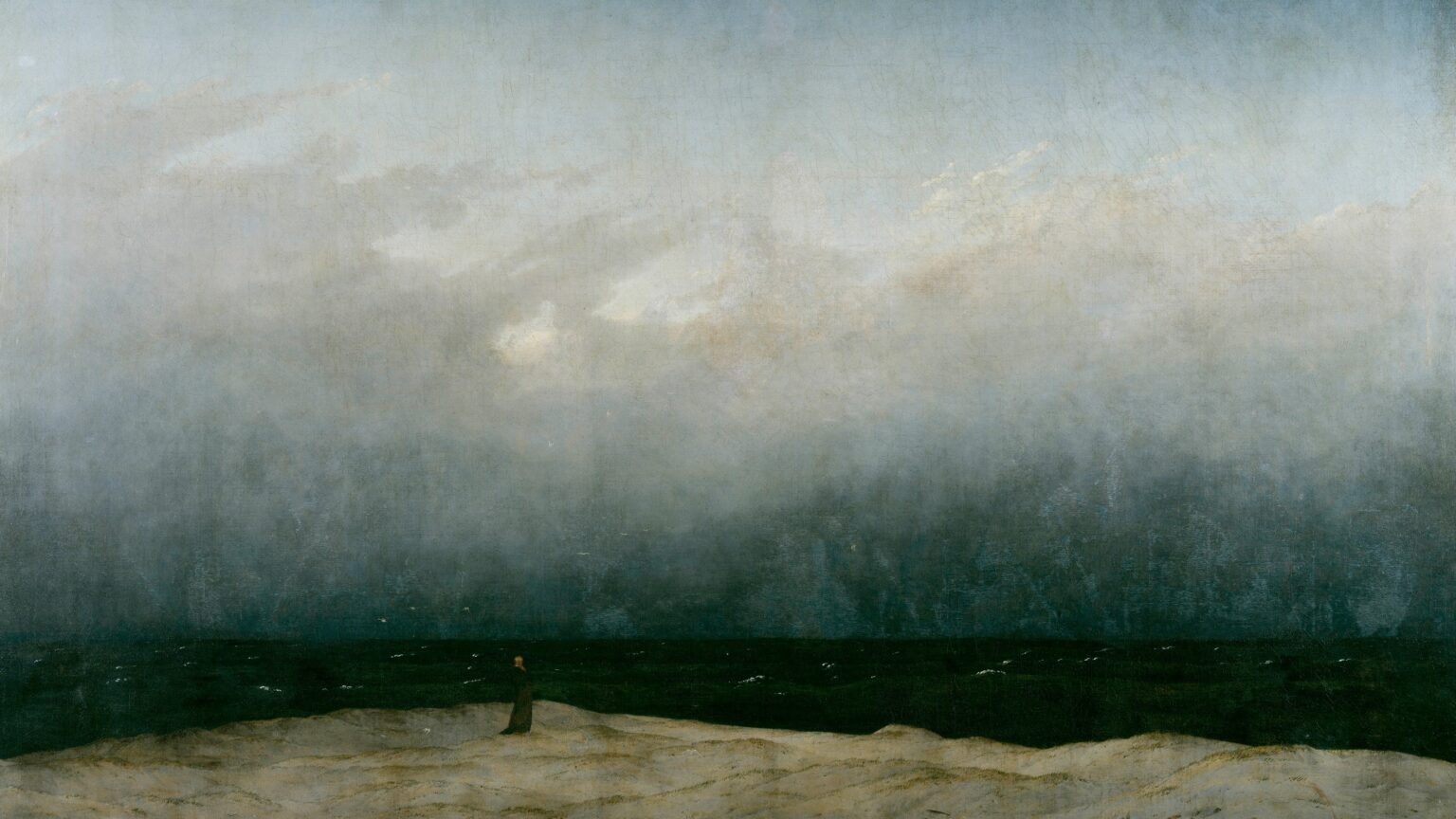
‘The mass man is incapable of making authentic, personal decisions in situations of crisis or autonomy. For this reason, he requires a leader—someone who can think, decide, and act on his behalf. This leader makes the mass man aware of his power through numerical superiority and conformity, shaping modern mass states.’

Veszprém, Hungary and the Bakony–Balaton Region have been named the Sports Region of Europe 2026 by ACES Europe. Known for its handball legacy and outdoor activities around Lake Balaton, the region was recognized for promoting healthy lifestyles and community sports, building on its 2023 title as European Capital of Culture.
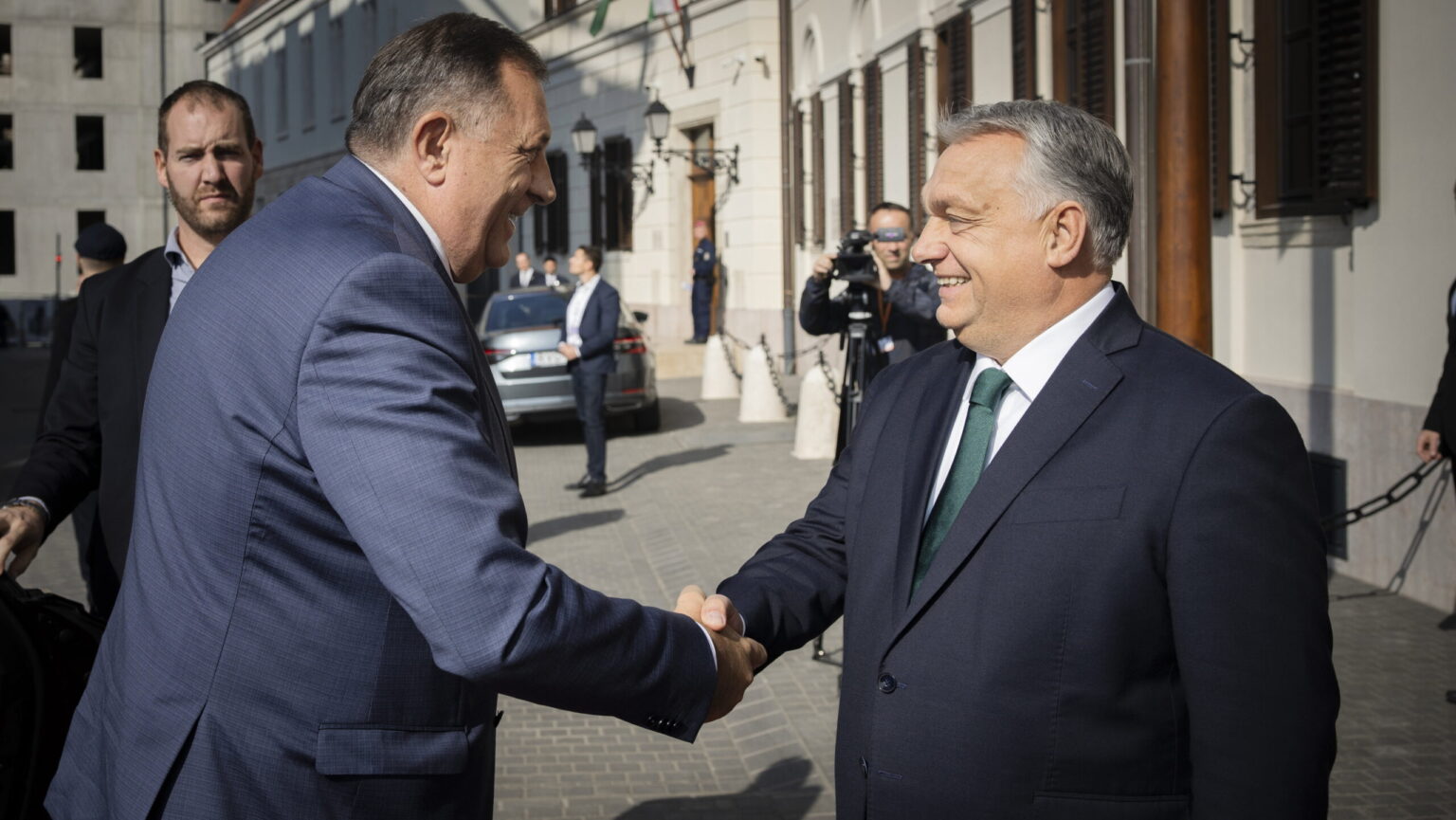
Despite a Bosnian court upholding his conviction and political ban, Milorad Dodik received strong backing from Hungarian leaders during a visit to Budapest on Tuesday. Prime Minister Viktor Orbán called for respect for Republika Srpska’s voters and condemned what he described as a ‘legal witch-hunt’ against Dodik.

‘[Human rights NGOs] are advocates of censorship. Really, there was a takeover by the Soros Foundation of much of civil society to make them more censorial. We also know that the Soros institutions work directly with the intelligence and security agencies,’ Mr Shellenberger has told our site about his other area of expertise, free speech advocacy.

Poland’s new president Karol Nawrocki will be inaugurated on 6 August, dealing a major blow to Prime Minister Donald Tusk’s ability to govern. With Nawrocki poised to wield the veto, hopes for sweeping liberal reforms are fading—and early election speculation is growing.

The Hungarian government is providing HUF 100,000 in school support to over 227,000 students from Hungarian communities beyond the borders—the highest number ever recorded. The initiative, under the Hungarian in the Homeland programme, reflects renewed commitment to national identity and Hungarian-language education.

Hungary’s Agriculture Ministry has announced the establishment of the Forestry Climate Adaptation Forum, tasked with developing a national forestry climate adaptation strategy and an action plan for the Great Hungarian Plain to counter the impacts of climate change.

The Metropolitan Ervin Szabó Library is marking the 75th anniversary of Budapest’s second unification with a virtual exhibition, showcasing documents, maps, and photos that tell the story of the districts annexed to the capital in 1950.
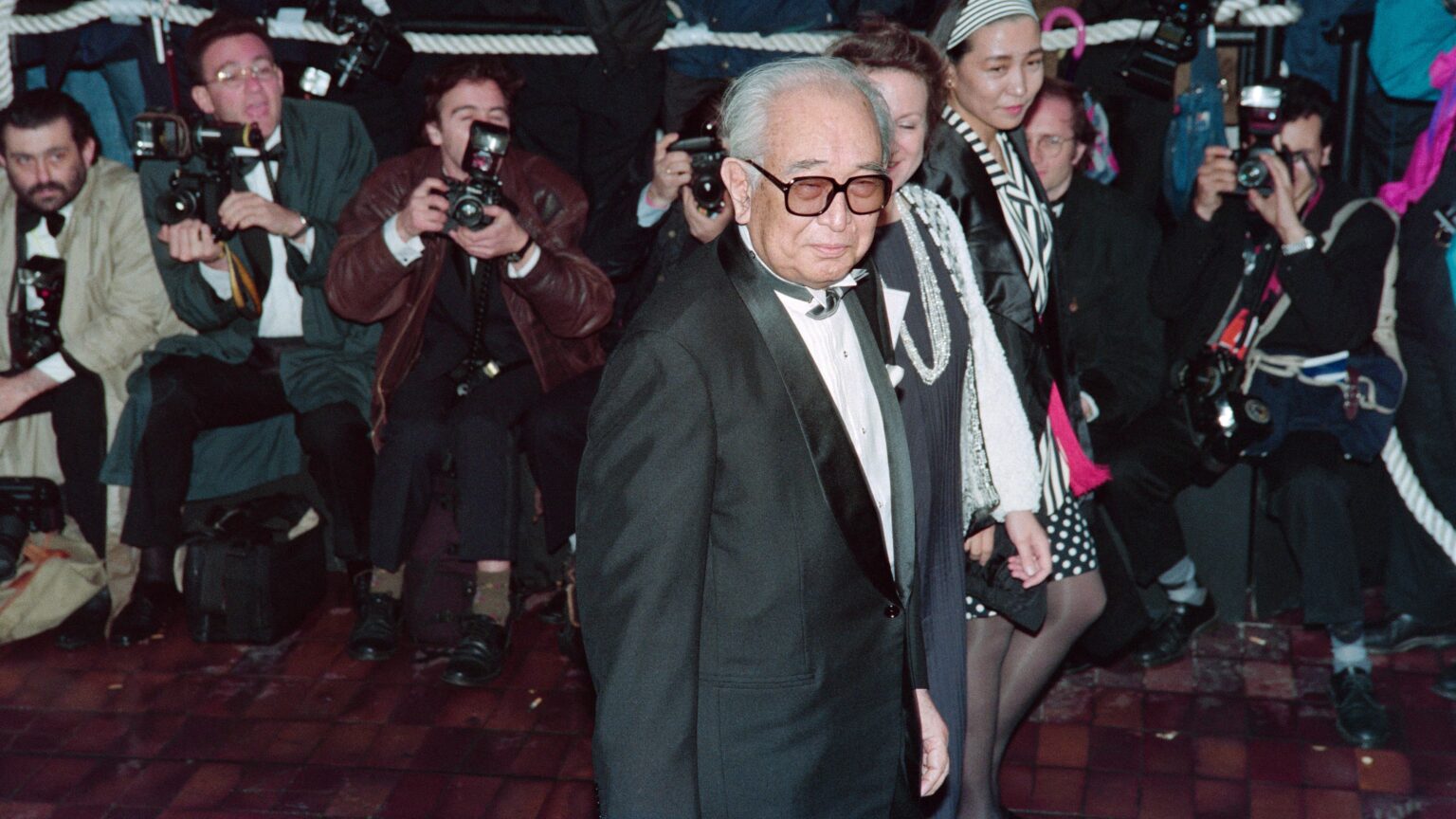
Budapest’s Art+ Cinema will host a week-long Akira Kurosawa retrospective from 14–20 August, showcasing some of the legendary Japanese director’s most acclaimed films, from Ran and Seven Samurai to Dreams and Dersu Uzala.
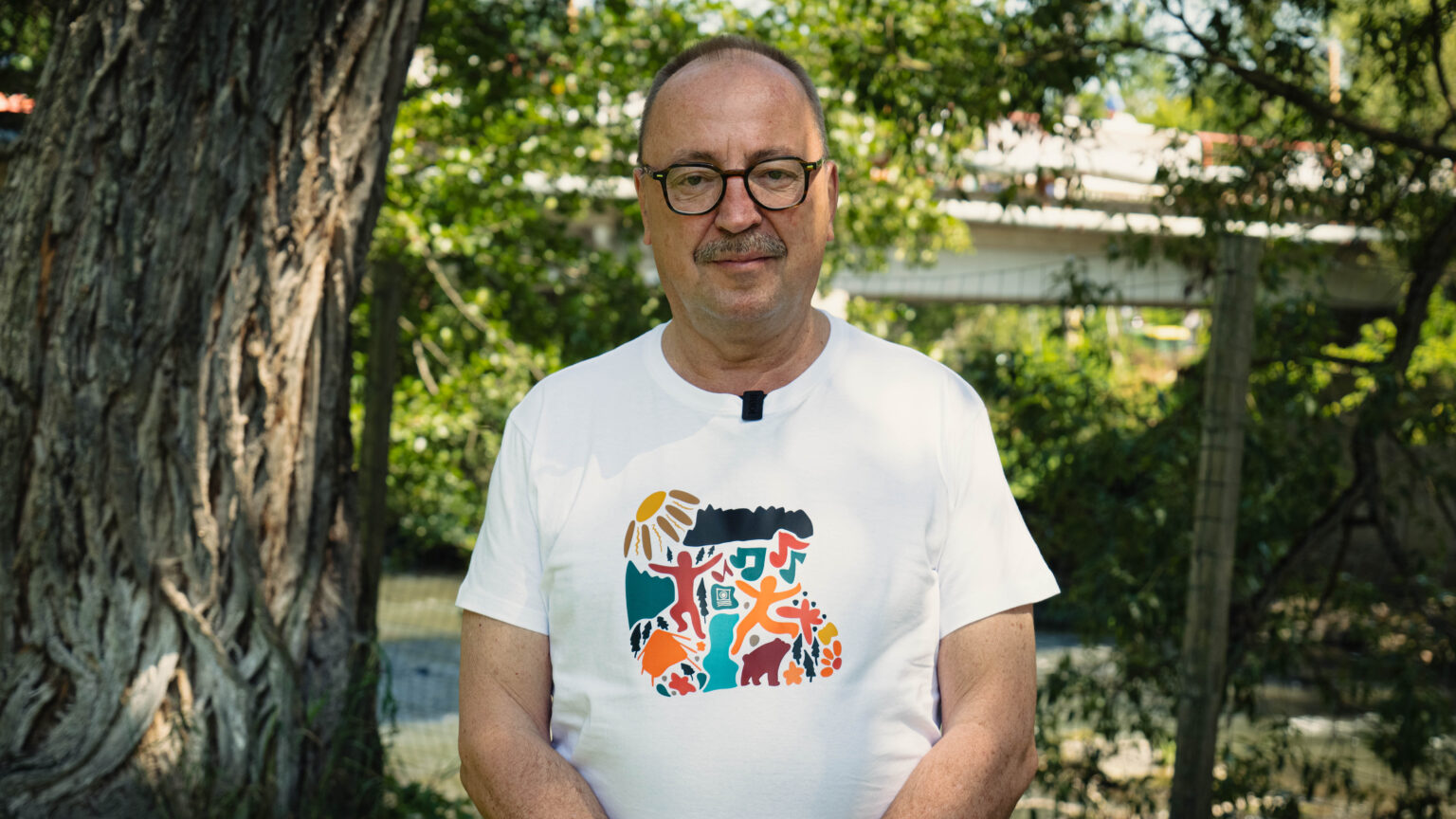
What role has Tusványos played in strengthening Hungarian–Romanian dialogue? Can Szeklerland be granted autonomy? Is Hungary’s Ukraine policy justified? We spoke with the Chairman of the Foreign Affairs Committee of the Hungarian Parliament at the Tusványos Festival—which he helped found—in the heart of Transylvania.
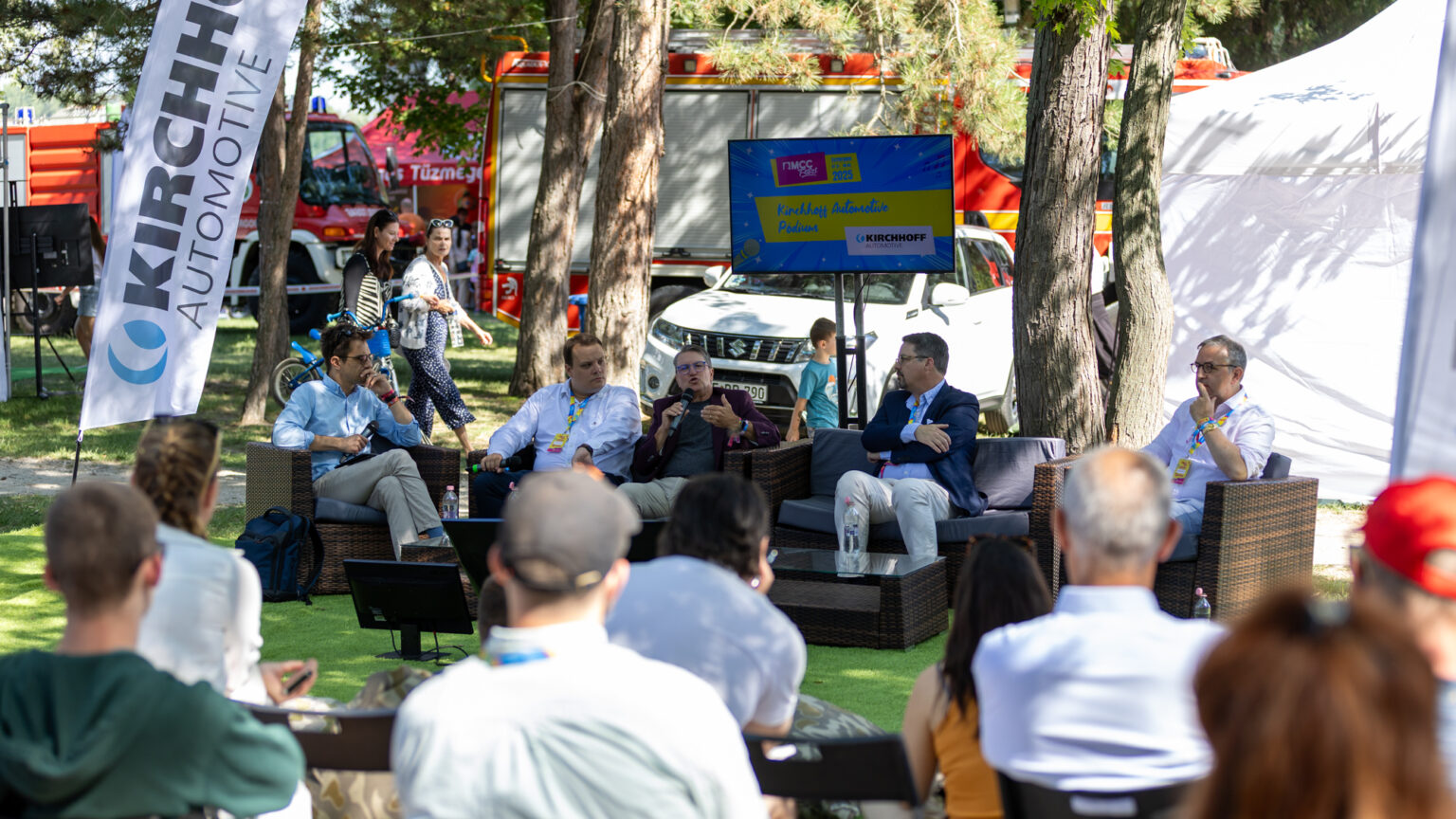
A panel on post-liberalism at MCC Feszt 2025 featuring Patrick Deneen, Gladden Pappin, and Chad Pecknold has drawn sharp criticism from liberal thinkers on X, who condemned the speakers’ praise for Hungarian Prime Minister Viktor Orbán and his model of illiberal democracy.
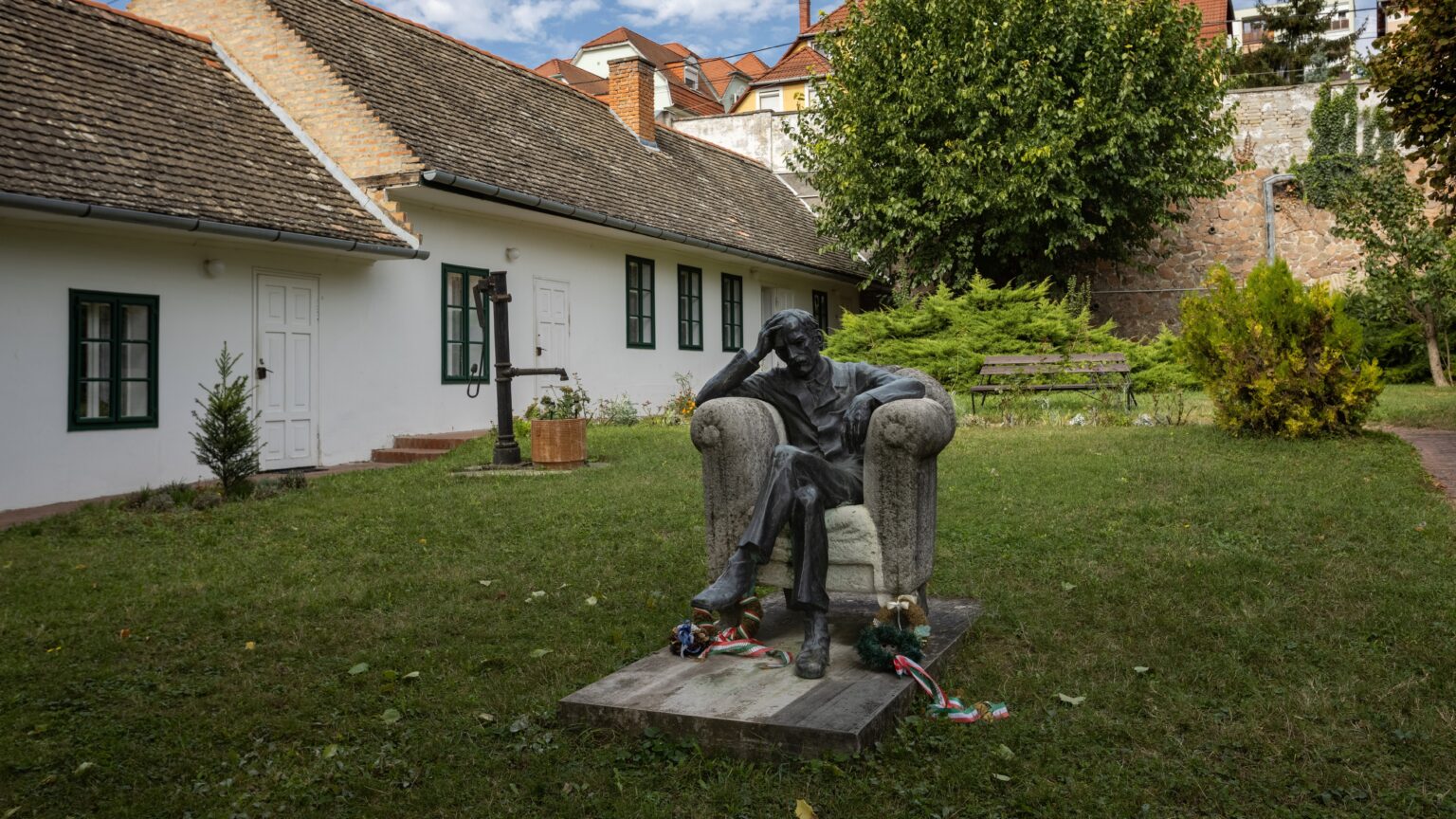
To mark the 142nd anniversary of Mihály Babits’s birth, the National Széchényi Library has made his early manuscripts available online, offering scholars and readers access to rare documents from one of Hungary’s greatest literary figures.

‘Borders must be protected, peace must be established, and the US and Hungary are strong allies in this,’ Director General for the Budapest-based conservative think tank Center for Fundamental Rights Miklós Szánthó has also told the audience in his speech at the annual Young Republicans National Convention (YRNC) in Nashville, Tennessee.

‘The biggest obstacle facing Donald Trump may not be the other party. It’s that his time is almost up,’ Patrick Deneen explained in an interview with Hungarian Conservative. The Notre Dame professor discussed how Trump’s second presidency has initiated a potential elite transformation in the US, the challenges ahead, and why he sees JD Vance as the ideal figure to carry on Trump’s legacy.

Mercedes will establish Hungary’s largest car factory in Kecskemét, with production of next-generation models starting early next year. The investment secures Hungary a strategic position in Europe’s automotive and battery manufacturing scene.

How has the international community turned against Israel? Did Israel commit crimes against the civilian population in Gaza? What is the importance of Hungary’s friendship with Israel? We asked Israel’s Deputy Minister of Foreign Affairs about Israel’s changing international reputation at the MCC Feszt, organized by the Mathias Corvinus Collegium (MCC).

Sydney Sweeney has found herself at the centre of a woke outrage after critics accused her American Eagle advert of racism and sexism. Dutch right-wing political commentator Eva Vlaardingerbroek defended Sweeney, arguing that the backlash reflects a deeper cultural hostility toward white women—something she knows from personal experience.

Lando Norris claimed victory at the 40th Hungarian Grand Prix with a daring one-stop strategy, despite early doubts. McLaren teammate Oscar Piastri and Mercedes driver George Russell completed the podium on a race day full of surprises.
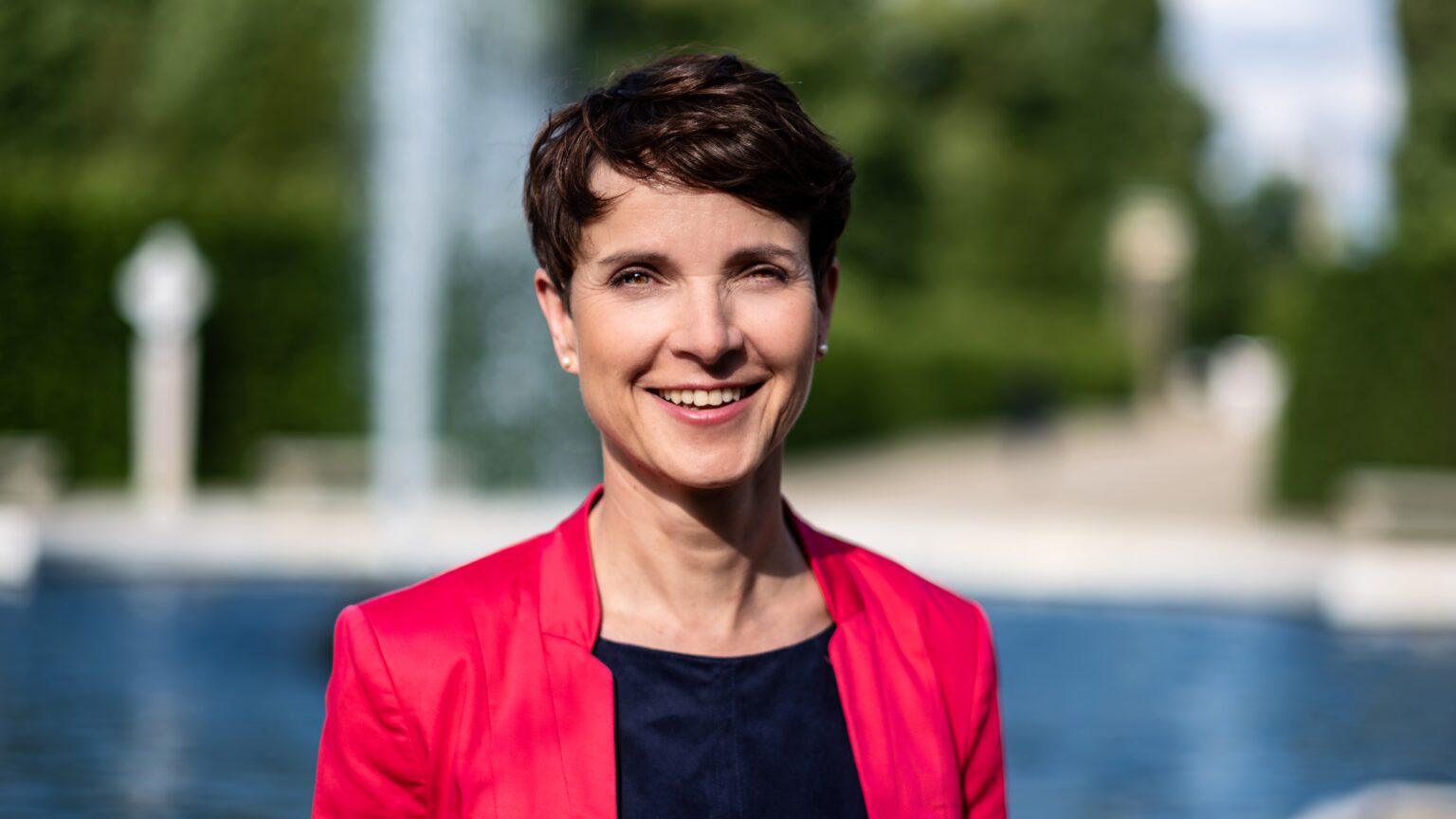
‘It is impossible to defend democratic legitimacy by hollowing out the very norms that give our institutions their credibility. Germany’s strength after 1949 was not rooted in the moral purity of its political representatives, but in the trust built around procedures, non-negotiable rules, and the idea that the parliament is bound not by political preference but by democratic representation.’
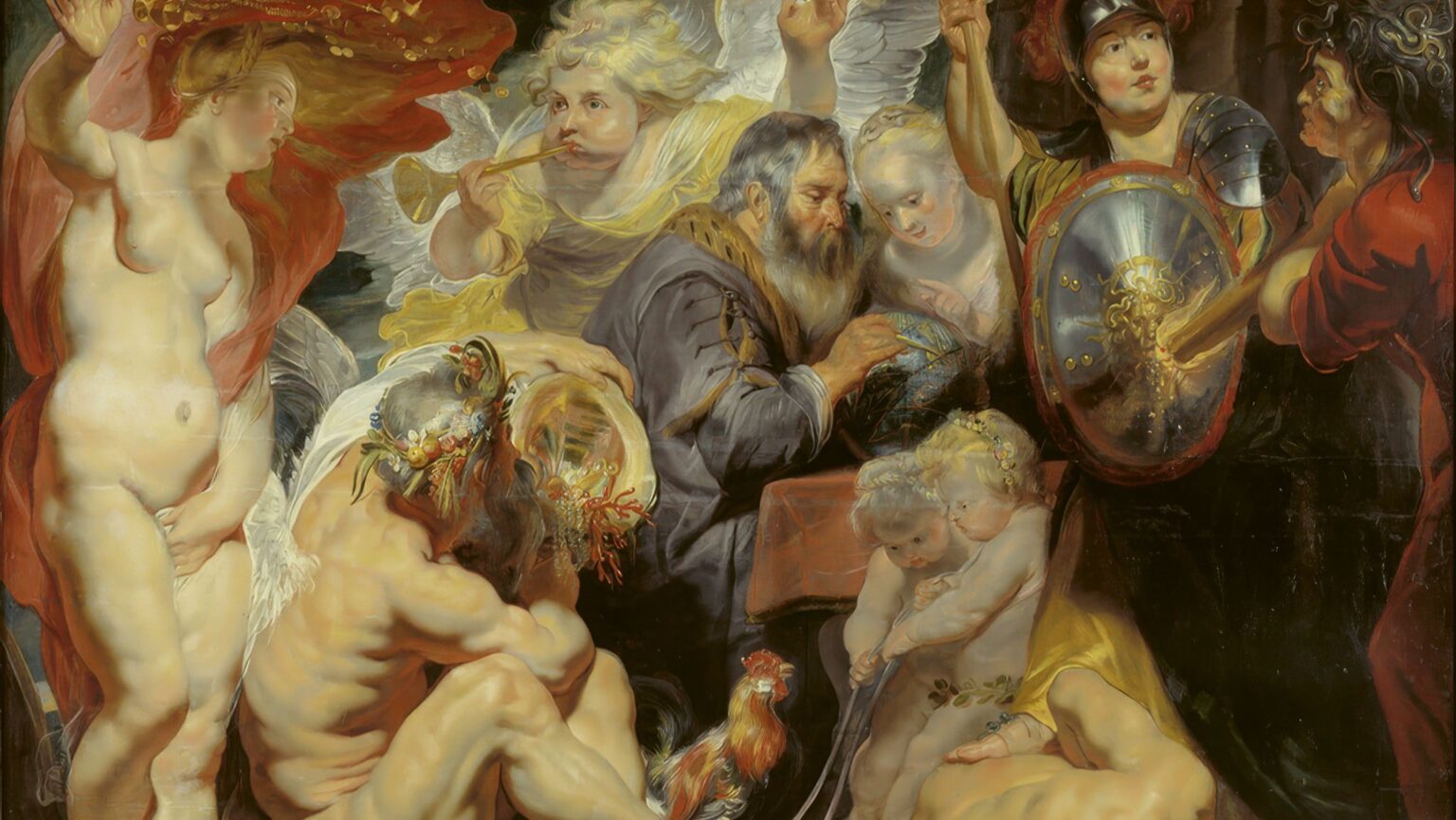
‘In the twenty-first century, it might be thought quixotic…to be highlighting ideas about the purpose of universities that have anything to do with conservatism…The dominance of a progressive liberal “idea of a University” should not, however, let us forget that there is a conservative “idea of a University” waiting in the wings and ready for the opportunity to reassert itself…’
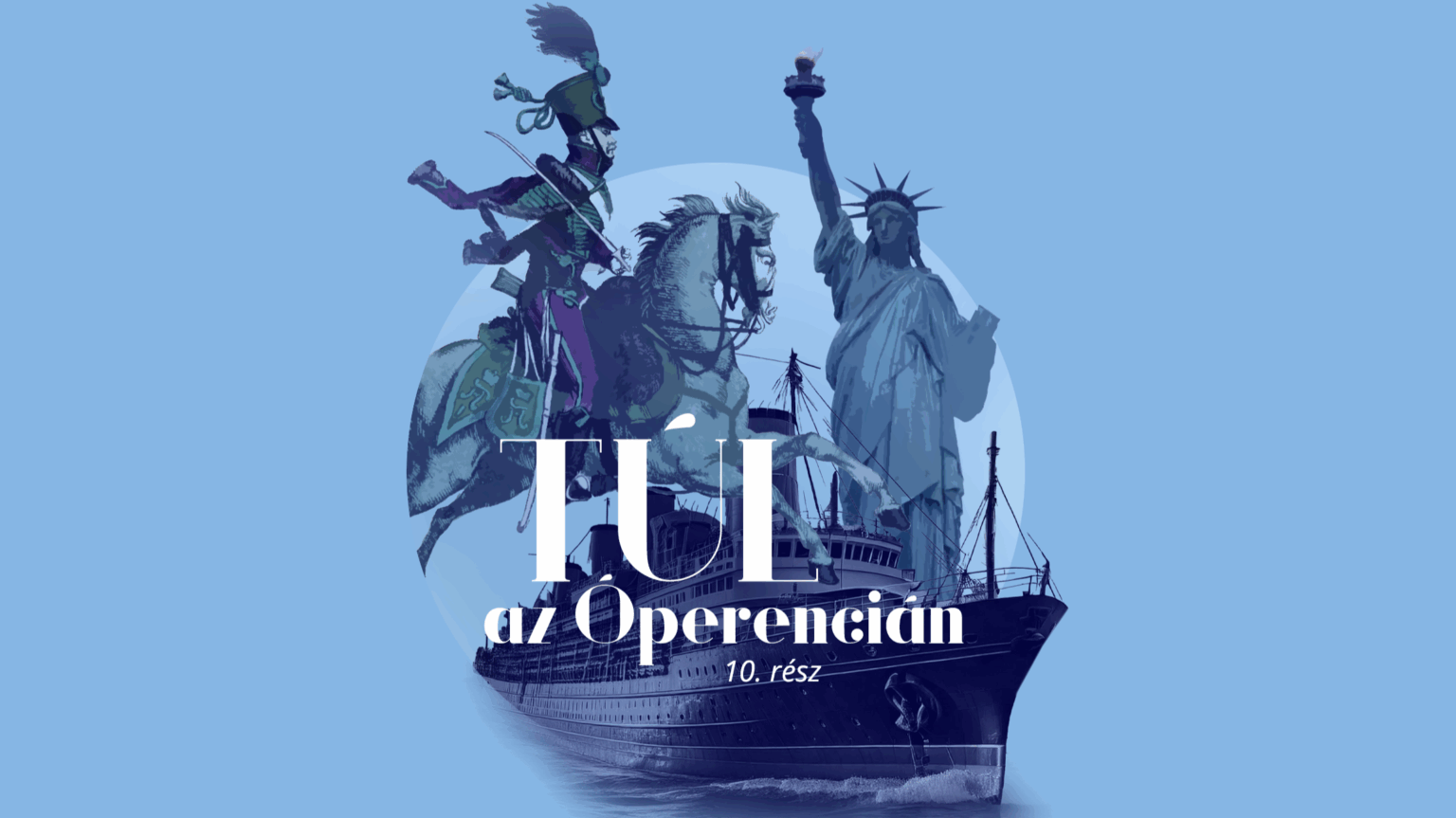
In its ‘Beyond the Óperencia’ series, Magyar Krónika is looking at the meeting points of America and Hungary, and at Hungarians in America, from penniless peasants to political emigrants and soldiers of fortune. This part will explore how Americans perceived the arrival of Eastern and Central European immigrants as a chaotic phenomenon.

In 1982, Hungary’s state security services launched Operation ‘Crystal’ to surveil an IMF delegation staying at Budapest’s Hilton Hotel. Phones were tapped, documents copied, and economic secrets uncovered—all under the watchful eye of the Kádár regime. The operation reveals the extent of Cold War-era espionage woven into everyday locations.